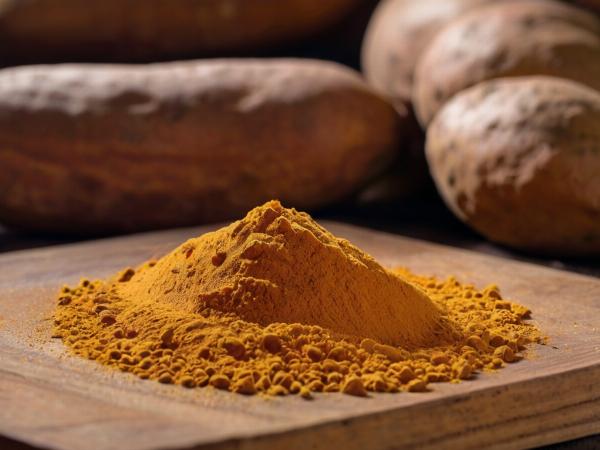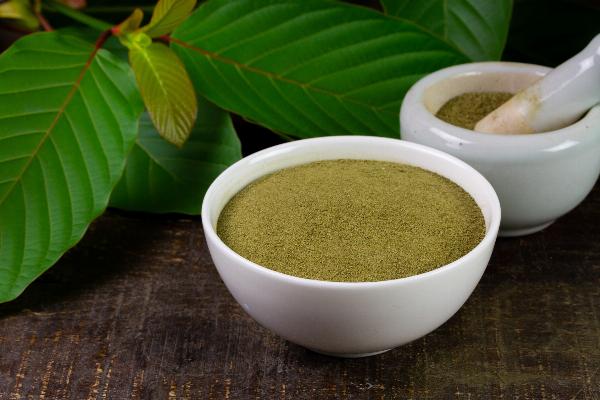Maximizing Catering Equipment Longevity: A Comprehensive Guide to Preventive Maintenance
Catering equipment is a significant investment that directly affects the quality of your service, your team’s efficiency, and your long-term profitability. Regular and proactive maintenance is crucial to protecting your tools and extending their lifespan. In this guide, we’ll walk you through the most effective strategies to maintain your catering equipment, reducing downtime, avoiding costly repairs, and keeping your operation running smoothly for years to come.
Why Proper Maintenance Matters
Your equipment is the backbone of your catering business. When it works efficiently, you deliver consistent, high-quality service. But when it breaks, it can lead to:
- Event delays or cancellations
- Food safety violations
- Increased repair or replacement costs
- Lost business and damaged reputation
Preventive maintenance helps you catch small issues before they become major problems, improves energy efficiency, and ensures your gear always performs at its best.
Create a Maintenance Schedule and Stick to It
Start by setting up a routine maintenance calendar for all your equipment, categorized by daily, weekly, monthly, and quarterly tasks. You can use a spreadsheet or a digital management system to track:
- Cleaning tasks
- Filter replacements
- Lubrication
- Temperature calibration
- Safety inspections
Label equipment by priority—high-use items like ovens and dishwashers may need weekly attention, while storage racks or carts may only need monthly cleaning and inspection.
Train Your Staff on Proper Usage and Cleaning
Many equipment failures are caused by improper use. Ensure your staff is trained not just in how to operate each item, but also how to clean and store it correctly. Include:
- Instructions for powering up and shutting down
- Do’s and don’ts during use (e.g., not using metal on non-stick surfaces)
- Which chemicals are safe to use on which materials
Staff should also know how to spot early signs of malfunction, such as strange noises, uneven temperatures, or slow performance.
Clean Equipment Thoroughly After Every Use
Clean equipment lasts longer—period. Dirt, grease, food particles, and moisture can cause corrosion, clogs, and even fire hazards. Make it standard practice to:
- Wipe down surfaces with non-abrasive cloths and food-safe cleaners
- Empty and sanitize drip trays and grease filters
- Soak and scrub removable parts like blades, baskets, and trays
Be especially diligent with high-heat equipment like ovens and grills, where baked-on residue can reduce efficiency and lead to smoke or flare-ups.
Descale and De-lime Water-Using Appliances
If you use dishwashers, steamers, coffee machines, or combi ovens, mineral buildup from hard water can seriously damage your equipment over time. Prevent this by:
- Running descaling solutions monthly (or more often in hard water areas)
- Installing water filtration systems
- Using manufacturer-recommended cleaners
Ignoring lime and scale can lead to clogged lines, heating element failure, or health code violations.
Lubricate Moving Parts Regularly
Any machine with moving parts—like slicers, mixers, and processors—needs regular lubrication to avoid friction, wear, and motor burnout. Use:
- Food-safe lubricants approved for commercial kitchen use
- Lubrication charts provided by the equipment manufacturer
- A tagging system to record when each component was last serviced
This simple task adds years to your equipment’s life and keeps it running smoothly during high-volume service.

Maximizing Catering Equipment Longevity: A Comprehensive Guide to Preventive Maintenance offers an invaluable resource for ensuring the long service life of caterers' tools, with practical tips and expert insights. It is a must-read manual every event management professional should have on hand.
This in-depth guide on maximizing catering equipment longevity through preventive maintenance offers a comprehensive roadmap, ensuring maximum return of investment while minimizing downtime and repairs. A must for any commercial kitchen manager seeking to streamline their operations.
Don't throw away your catering business with a late check-up – this comprehensive guide is the proactive approach to maintaining optimal equipment performance and maximizing their lifespan, essential for any kitchen manager looking at sustainability amidst an everchanging culinary landscape.
This comprehensive guide offers a wealth of insights for maximizing the longevity and maintaining catering equipment, making it an indispensable resource in ensuring smooth foodservice operations through strategic preventive maintenance.
This comprehensive guide offers a wealth of insights for maximizing the longevity and efficiency of catering equipment through thoughtful preventive maintenance routines, greatly benefiting any kitchen manager or facilities professional seeking to keep their operations running smoothly.
This in-depth guide by MetaculusServices provides an indispensable roadmap for maximalizing catering equipment's lifespan through expert preventive maintenance recommendations, ensuring efficient operations and cost savings. Highly recommended.
This guide provides an insightful and practical blueprint for ensuring the long-lasting performance of catering equipment through comprehensive preventive maintenance strategies. It'll be a valuable resource to not just restaurant owners but any business looking out for their investments. ✨
This comprehensive guide is an invaluable resource for catering business owners and managers, providing practical tips on preventing maintenance-related issues to extend the lifespan of their equipment. It's a must read making operations more efficient while reducing costly repair bills!"
This comprehensive guide offers a wealth of insights and practical tips for ensuring the longevity of catering equipment through regular preventive maintenance. A must-read resource to minimize downtime, optimize investment returns on kitchen implements.
‘Maximizing Catering Equipment Longevity: A Comprehensive Guide to Preventive Maintenance’ is a valuable resource for any caterer or restaurant manager, providing practical strategies and insights that not only extend equipment lifespan but guarantee seamless operations with minimum downtime.














